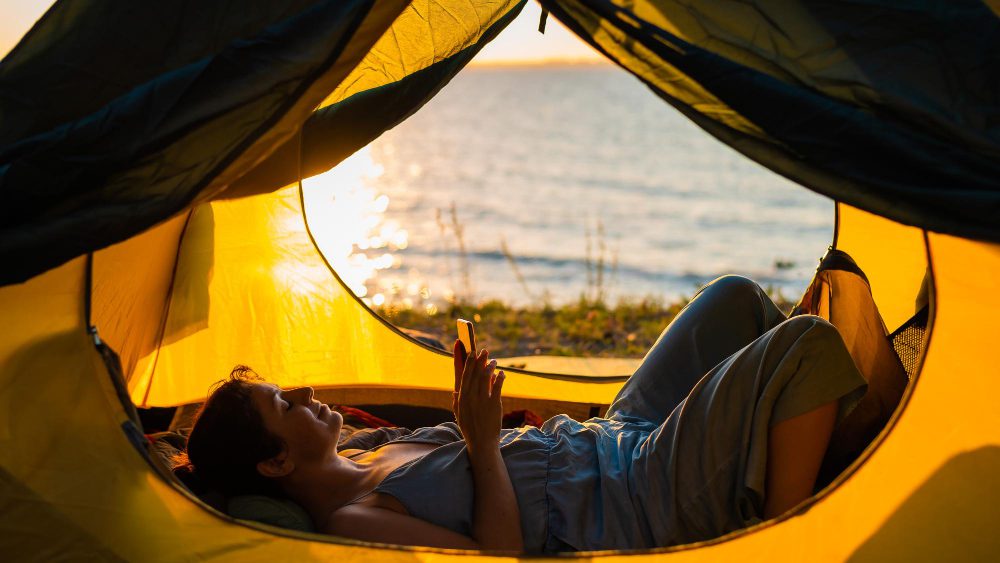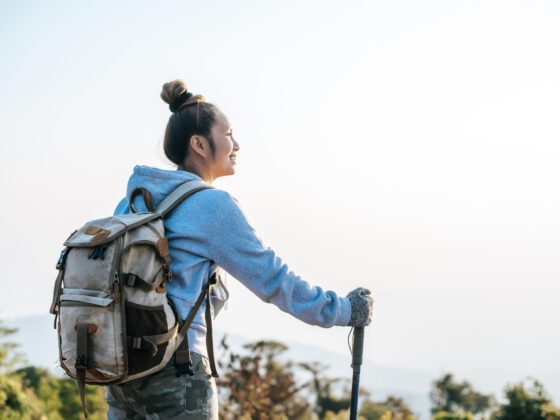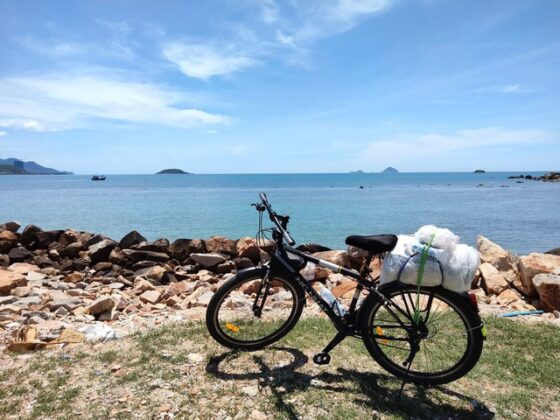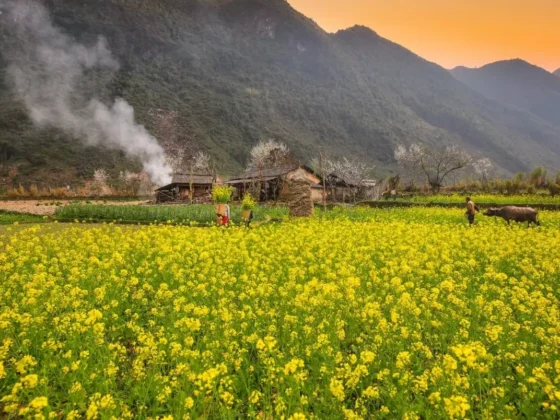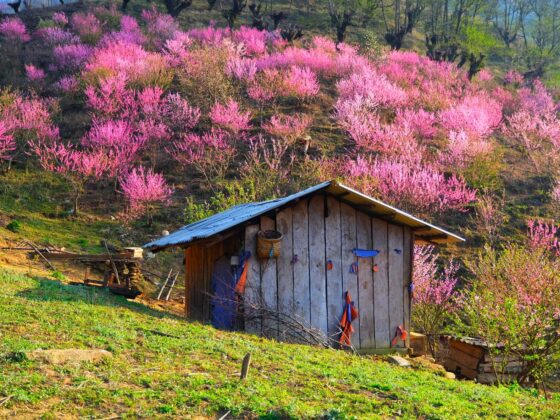Table of Contents Show
✍️ AI is summarizing:
Many of us struggle with disrupted sleep patterns and fatigue in our fast-paced, technology-driven world. A fascinating study has shown how camping improves sleep—just five days outdoors, away from artificial light, can effectively reset our internal body clocks to align with natural sleep rhythms.
Related post:
- Brave the Wild: How to Camp Alone Safely and Confidently
- Exploring Secluded Camping Spots Near Ho Chi Minh City
- Discovering Secluded Camping Spots Near Hanoi
The science behind how camping improves sleep through natural light
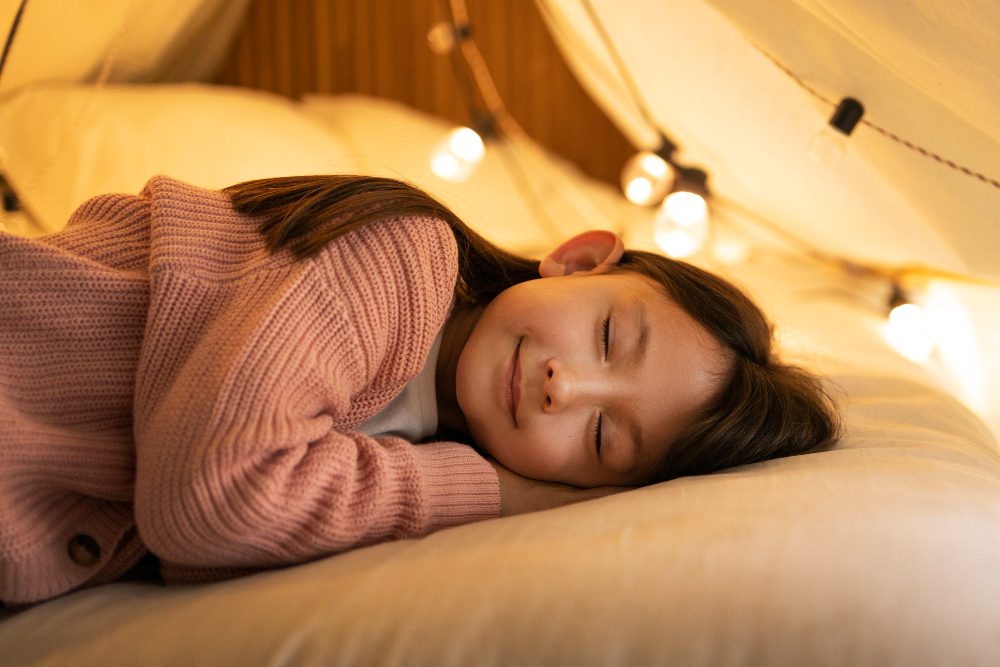
Many of us struggle with disrupted sleep patterns and fatigue in our fast-paced, technology-driven world. A fascinating study has shown that how camping improves sleep lies in spending just five days outdoors, away from artificial light, which can effectively reset our internal body clocks to align with natural sleep rhythms. This research highlights the profound impact of natural light exposure on our circadian rhythms, which govern our sleep-wake cycles.
The study involved eight participants who spent two weeks in a mountainous area during July. For the first week, participants followed their usual routines, which included work, school, and social activities, all while relying on electric light sources. During the second week, they camped in tents, using only natural light and campfires for illumination, banning torches and electronic devices.
Key findings on how camping improves sleep by aligning circadian rhythms
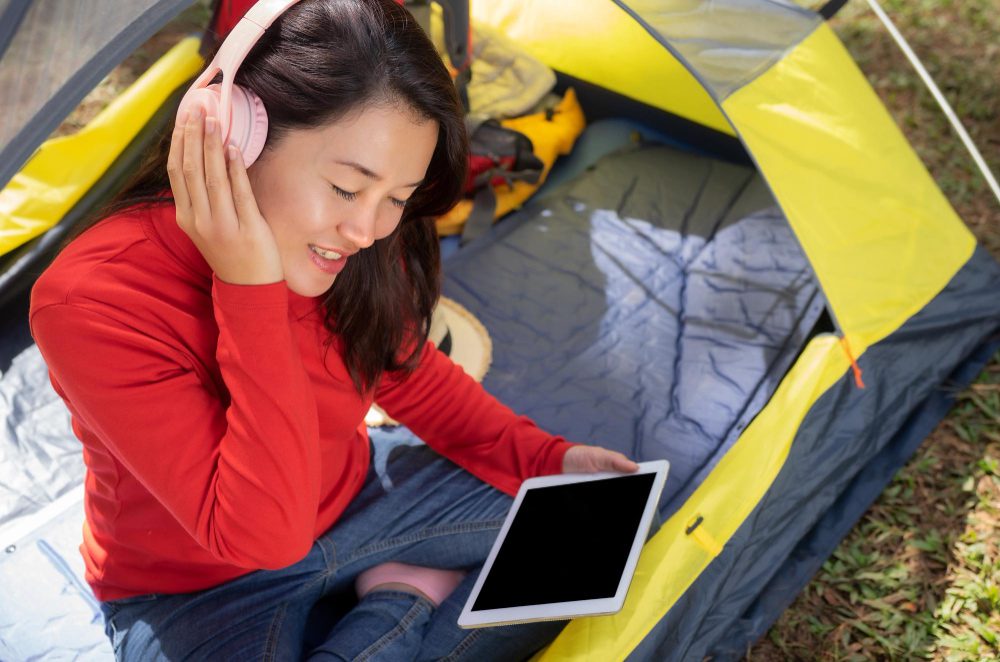
The results were striking. After a week immersed in natural light, participants’ internal clocks shifted significantly. The study found that their circadian rhythms aligned more closely with the solar cycle, meaning their internal biological night began at sunset and ended with sunrise.
Specifically, the internal clocks shifted approximately two hours earlier, and the secretion of melatonin—a hormone that promotes sleep—occurred over 50 minutes earlier than before camping. This finding reinforces how camping improves sleep by helping the body reset through consistent exposure to natural light.
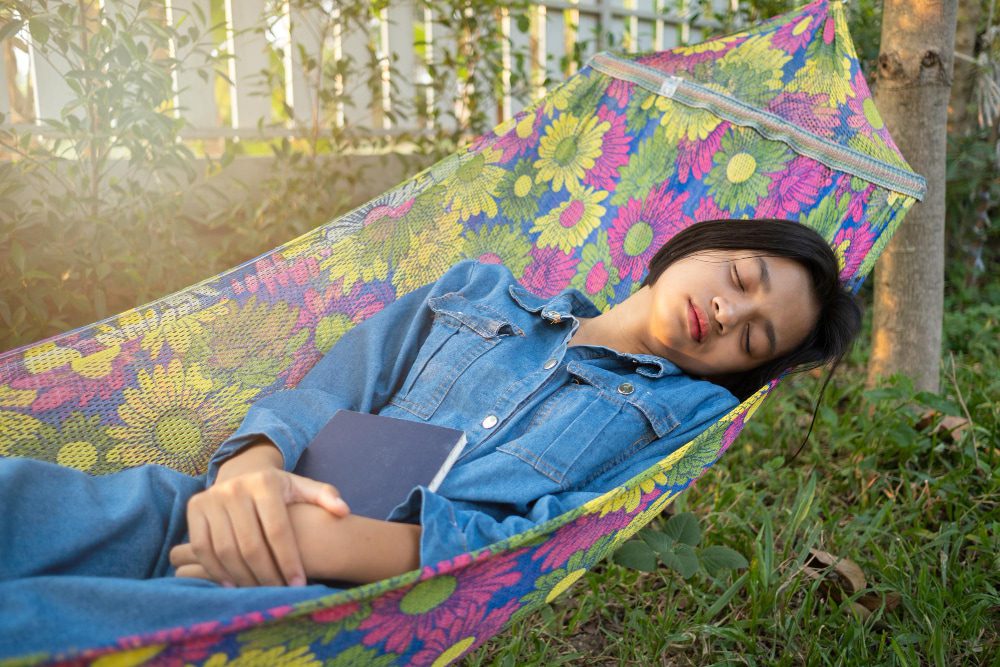
One of the key findings was that participants’ average light exposure increased more than fourfold during the camping week. This increased exposure to sunlight helped reset their body clocks and offered insights into the physiological processes that govern our daily lives. The research provides a valuable contribution to understanding how camping improves sleep through circadian rhythm alignment.
Additionally, the findings confirm what many people with delayed sleep phase disorder have reported: that camping during the summer allows them to fall asleep and wake up earlier. This observation underscores how camping improves sleep by addressing sleep phase delays through nature-based routines.
How camping improves sleep in Vietnam’s natural landscapes
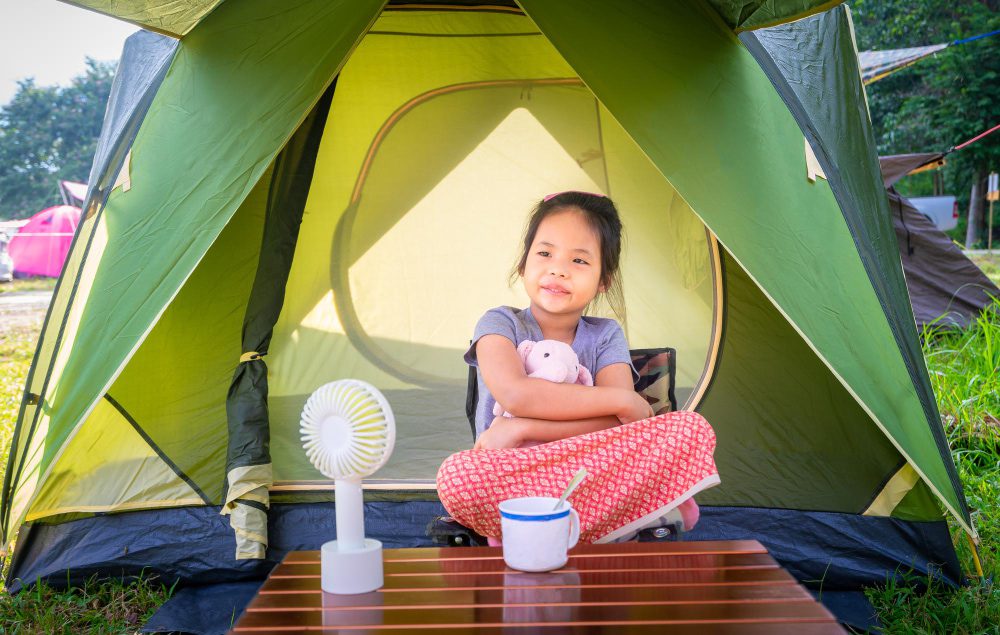
For places like Vietnam, where diverse landscapes range from lush mountains to serene beaches and distinct seasons, camping offers a unique opportunity to reconnect with nature. The varied environments can enhance the camping experience, making it a perfect setting for resetting one’s body clock. Whether in the cooler highlands or by the warm coast, immersing oneself in the natural beauty of Vietnam shows firsthand how camping improves sleep by providing peace, quiet, and rhythm.
The study suggests that reducing exposure to artificial light in the evening and increasing exposure to natural light in the morning can help regulate sleep-wake cycles. This outdoor lighting regimen could temporarily alleviate sleep issues for those who struggle with delayed sleep phase disorder. However, these improvements might gradually diminish once individuals return to everyday environments filled with artificial light.
Ready to experience it yourself? Download the ExoTrails app today to explore thousands of curated trails and camping spots across Vietnam. Let ExoTrails guide you to where your best night’s sleep might be under the stars.
Conclusion
In conclusion, this research highlights how camping improves sleep through exposure to natural light and reduced reliance on artificial sources. Spending time outdoors, particularly camping, provides a break from technology and allows our bodies to reconnect with the natural rhythms of day and night.
By understanding and harnessing the power of natural light, we can enhance our well-being and improve our sleep quality, leading to more energized and fulfilling days. So, the next time you feel out of sync with your sleep, consider a week of camping to reset your body clock and restore your natural rhythms, especially in Vietnam’s beautiful and diverse landscapes. Follow our official Facebook page now to receive more interesting information.

